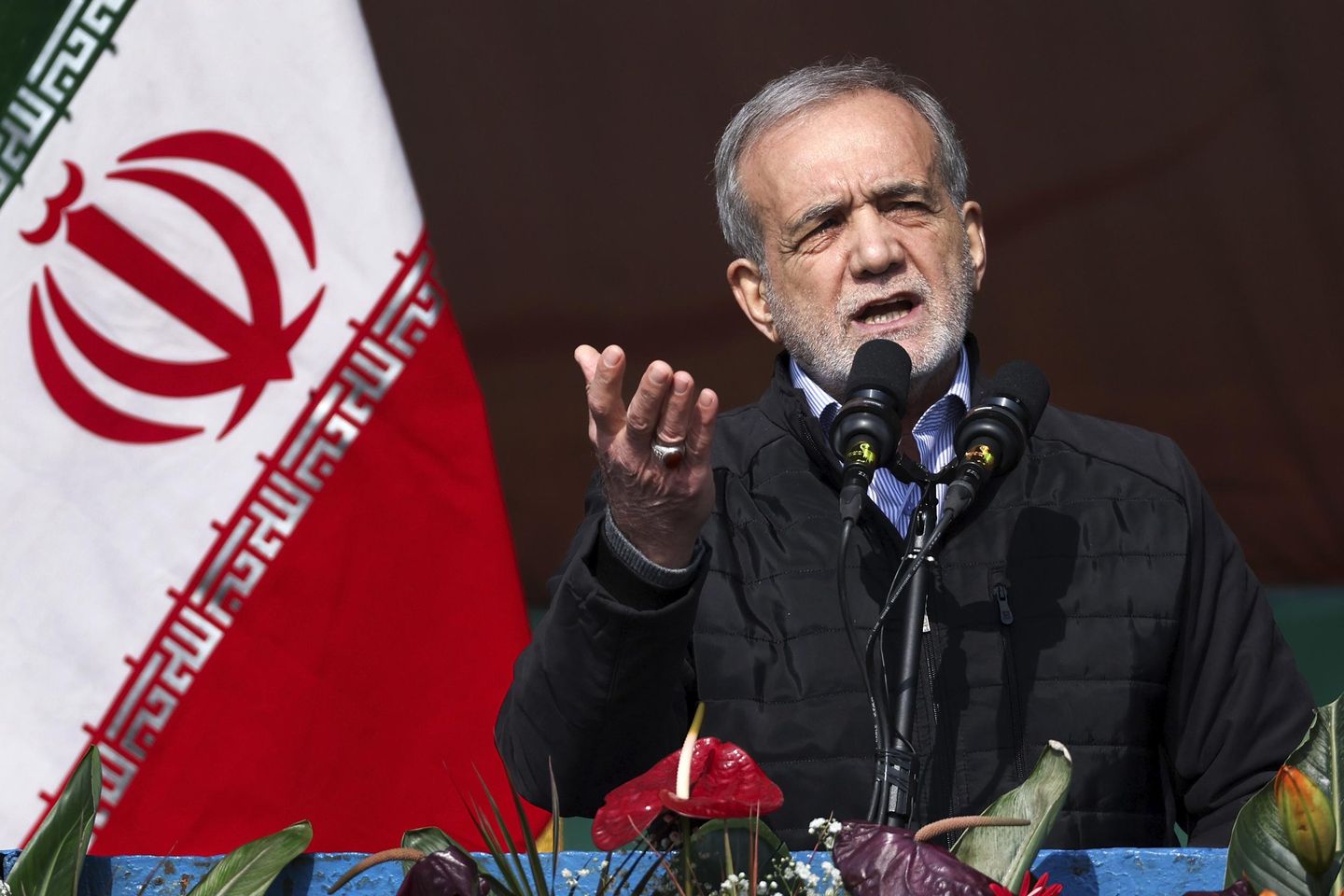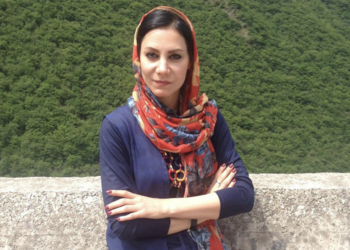
Iranian President Masoud Pezeshkian signed a bill into law Wednesday that would suspend the Islamic republic’s cooperation with the U.N.’s nuclear watchdog, the International Atomic Energy Agency.
The bill, passed last Wednesday, has now been forwarded to Iran’s Atomic Energy Organization, the Supreme National Security Council and the Foreign Ministry for implementation, according to Iranian state media.
The bill effectively ends all foreign inspection of Iran’s uranium enrichment sites. Outside investigators would only be able to view the sites after receiving approval from Iran’s Supreme National Security Council.
“The government is mandated to immediately suspend all cooperation with the International Atomic Energy Agency under the Treaty of Nonproliferation of Nuclear Weapons and its related Safeguards Agreement,” Iranian state media quoted the law.
Notably, the law does not end Iran’s participation in the Nuclear Nonproliferation Treaty, which some feared the Islamic republic would resort to following last month’s war.
During a parliamentary session last Wednesday, Speaker Mohammad Bagher Qalibaf said that cooperation with the IAEA will not resume until Iran can guarantee the security of its enrichment facilities. The speaker added that the bill will allow Iran’s civilian nuclear facilities to move at a faster pace.
The law’s enactment follows the IAEA’s resolution from last month that found Iran had failed to meet its non-proliferation obligations for the first time in 20 years. The resolution has incensed Iran’s leadership, which has said it paved the way for Israel’s attacks on its enrichment facilities.
The IAEA has reportedly not been in contact with Iran since the bill was passed last week and is still waiting on details from the regime. IAEA Director-General Rafael Grossi said at the time that his first priority was to get investigators back into the country following Israel and the U.S’s strikes on Iranian nuclear sites.
Iran rejected Mr. Grossi’s request to tour Iranian sites during the June war. Iranian hardliners have even called for Mr. Grossi’s execution, accusing the IAEA chief of being an Israeli spy.
World leaders in Europe and the Middle East blasted Iran’s decision on Wednesday. Israeli Foreign Minister Gideon Saar said the law’s enactment should trigger the “snapback” mechanism of the 2015 Iran nuclear deal, which would see the reinstatement of all U.N. sanctions.
Germany called the law disastrous and urged Iran to continue its work with the IAEA.
The law could be seen as a pressure tactic by Iran to force U.S. negotiators back to the table after agreeing to a ceasefire with Israel last week. Nuclear negotiations between the U.S. and Iran have been taking place since April, until they were interrupted by last month’s conflict. Iranian Foreign Minister Abbas Araghchi told CBS this week that negotiations probably won’t start anytime soon, and Iran would need security guarantees before returning to talks.
President Trump has been comparatively optimistic about further talks, asserting that they could start later this month. However, Mr. Trump has also not ruled out further strikes on Iran should it continue its enrichment program.


![Man Arrested After Screaming at Senators During Big Beautiful Bill Debate [WATCH]](https://www.right2024.com/wp-content/uploads/2025/06/Man-Arrested-After-Screaming-at-Senators-During-Big-Beautiful-Bill-350x250.jpg)














